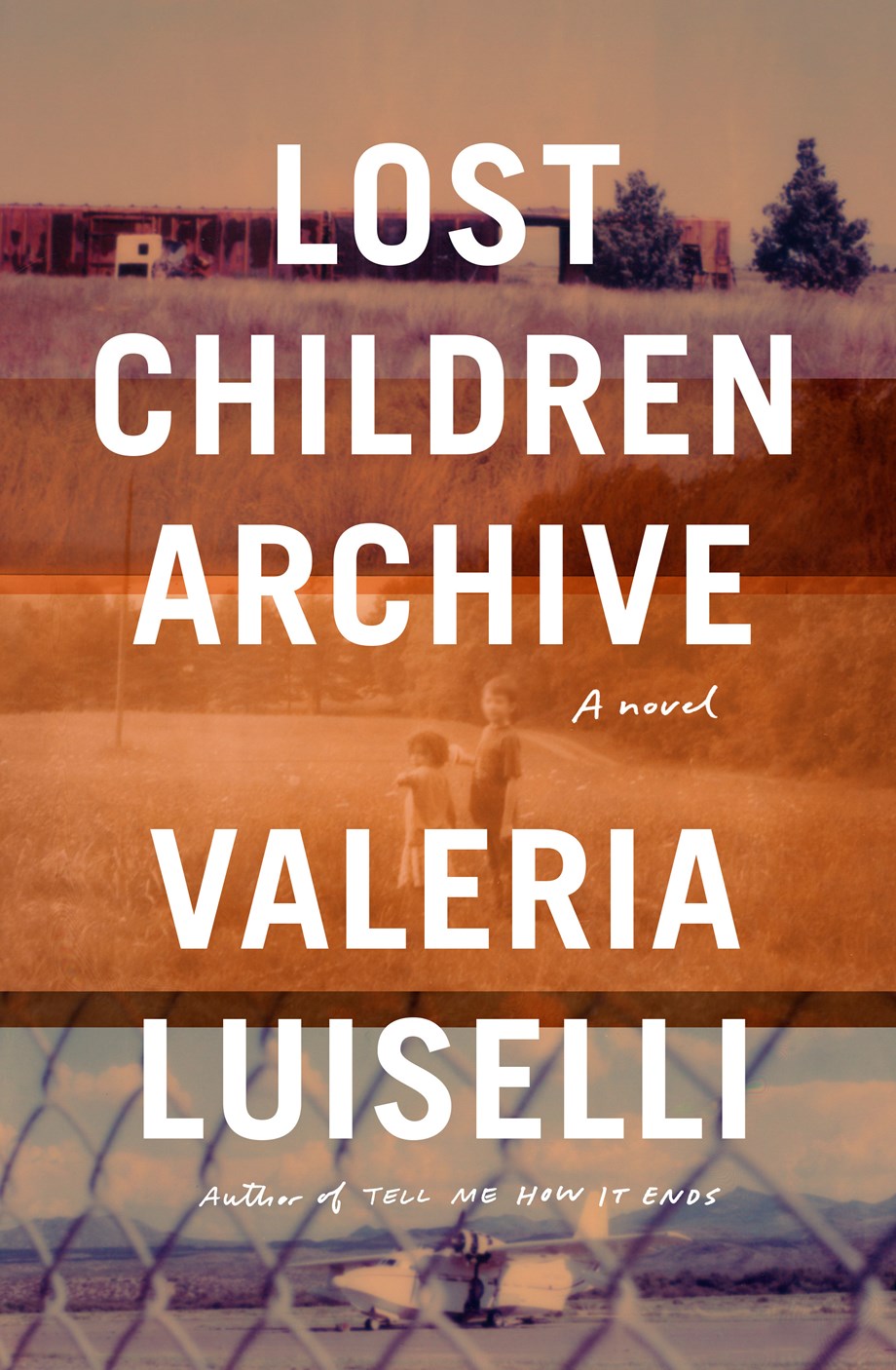Lost Children Archive is at once a compelling, beautifully articulated novel and a profound, unsentimental composition on exile. An estranged husband and wife, along with the husband’s ten-year-old son and wife’s five-year old daughter (all unnamed), embark on a road trip from New York City to Arizona. The husband is relocating there for his project to gather the lost sounds of the Apaches. Meanwhile the wife, expecting to return to New York with her daughter, begins work documenting the experiences of “lost children”—kids beyond our southern border who undertake dangerous journeys to be reunited with family in the U.S. but often never make it.
Through their respective projects both husband and wife seek to recapture the essence of these exiled groups by gathering the traceable fragments of their transitory presences. Lost Children Archive incorporates samples from actual literary works, music, photographs, maps, and official records into its narrative. The novel’s intertextuality, the way that these items communicate with and relate to Luiselli’s story, is masterful.
This is a family suspended in liminal states of time, geography and emotional commitment. The vast empty spaces of the American Southwest symbolize this not only for the family but also for the exiled Apaches of the past and immigrant children of the present. All share the experience of traversing this land, so empty and large, yet without room for them. As the novel progresses the private tragedy of the family’s quiet destruction and the public horror of the forced separation of immigrant parents from their children, converge.
While on the road the family makes an intentional detour to a New Mexico air strip where officers are directing immigrant children onto a plane that will remove them from the country.This scene lays bare the cruelty of the U.S. government’s policy and our country’s pernicious legacy of practicing exclusion as a means of asserting superiority over those we deem “other.” Luiselli’s novel is both an eloquent work of art and an indictment of our numbed complacency to injustice.
— Lori Feathers


 Lost Children Archive by Valeria Luiselli (Knopf)
Lost Children Archive by Valeria Luiselli (Knopf) 